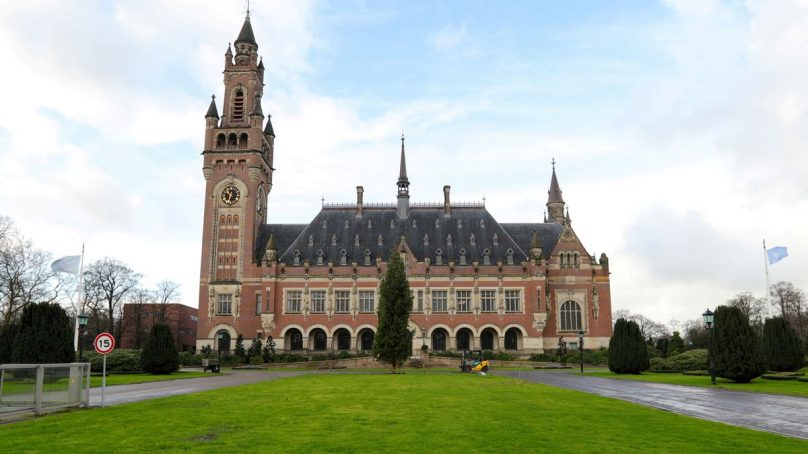
Uganda said on Thursday it considered as “unfair and wrong” an International Court of Justice ruling asking it to pay $325 million in reparations to the Democratic Republic of Congo for its role in conflicts in Congo’s resource-rich Ituri province.
In Wednesday’s ruling, the court said Uganda must pay the sum in five yearly instalments of $65 million, starting in September this year.
The total award was far below the more than $11 billion Congo had sought. The court also dismissed several claims including broad compensation for macroeconomic damage, saying a clear link between Uganda’s actions and the alleged economic damage had not been demonstrated.
“While the amount awarded is far less than that sought by the DRC, Uganda nevertheless considers the judgment unfair and wrong, just as the previous 2005 judgment on liability was unfair and wrong,” the foreign ministry said in a statement.
The long-running dispute was first brought before the United Nations’ highest court in 1999. Rulings by the ICJ, which deals with disputes between states, are final and without appeal.
The court ruled in 2005 that Uganda had violated international law by occupying parts of the eastern Congolese province of Ituri with its own troops and supporting other armed groups during a war that raged from 1998 to 2003.
Uganda had said its troops went into Ituri at Congo’s invitation. The court dismissed that argument in 2005 and said Uganda was an occupying power in the province. The court ordered the two countries to negotiate reparations but in 2015 Congo returned to the tribunal, saying the talks had stalled.
In Thursday’s statement, the ministry said Uganda rejected any findings of wrongdoing against its army and that it regretted the ruling had come at a time when the two countries were mending their relations.
“Uganda continues to discuss the matter with the DRC government for purposes of securing a lasting and mutually acceptable solution,” it said, calling the judgment “an undue interference in this process and in African affairs generally”.
- Reuters report











